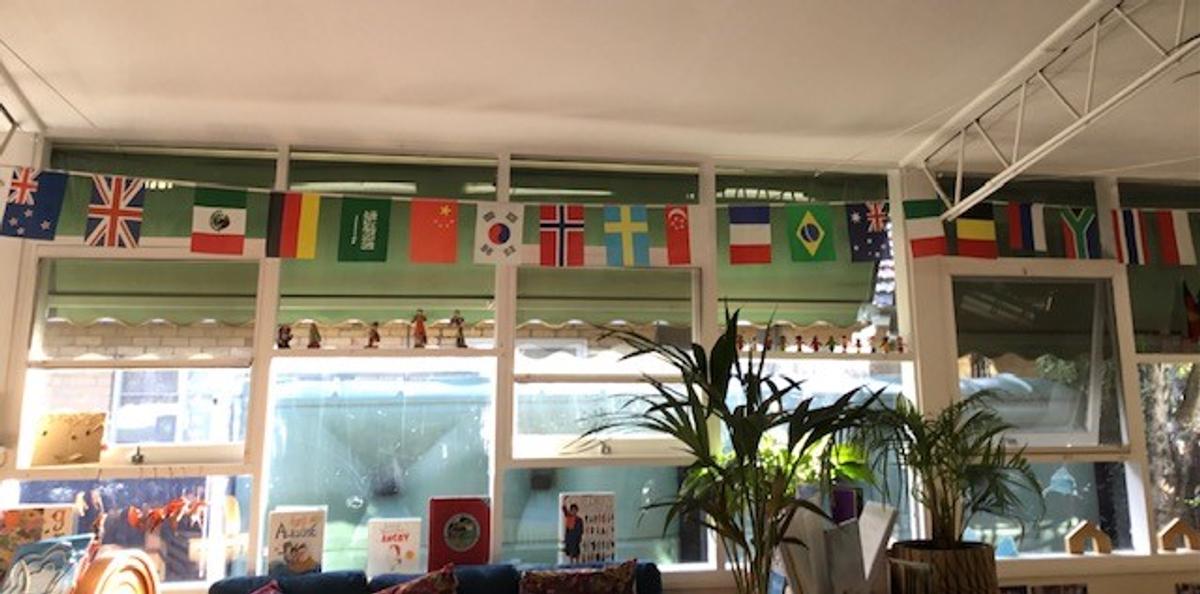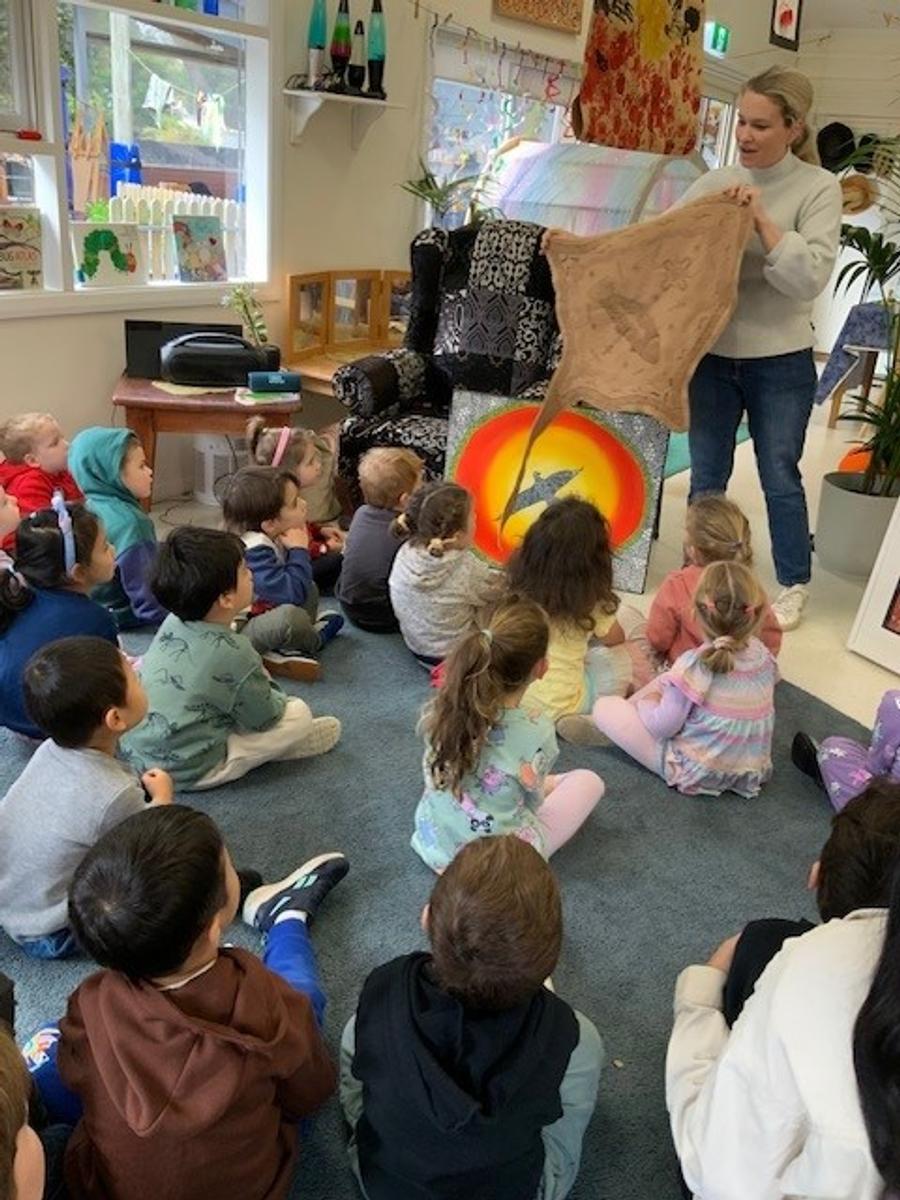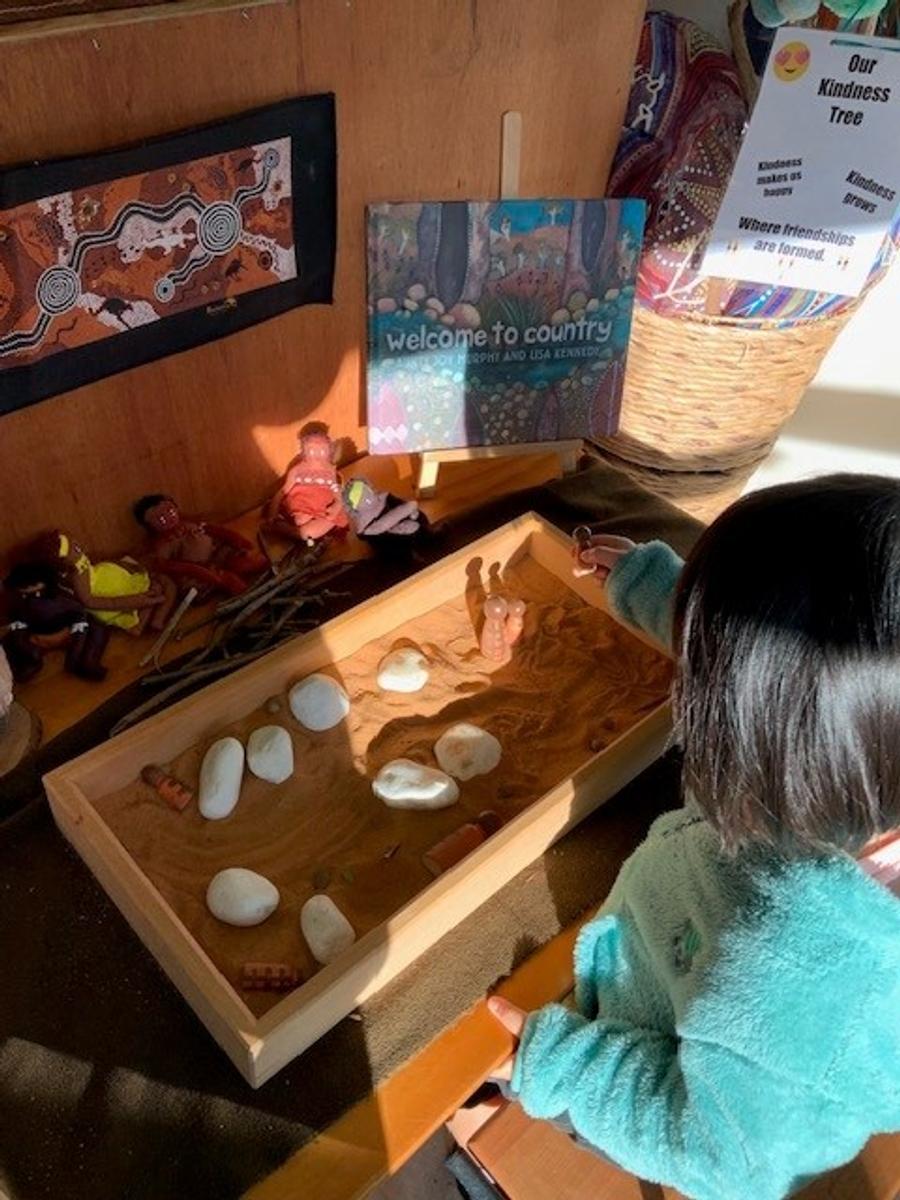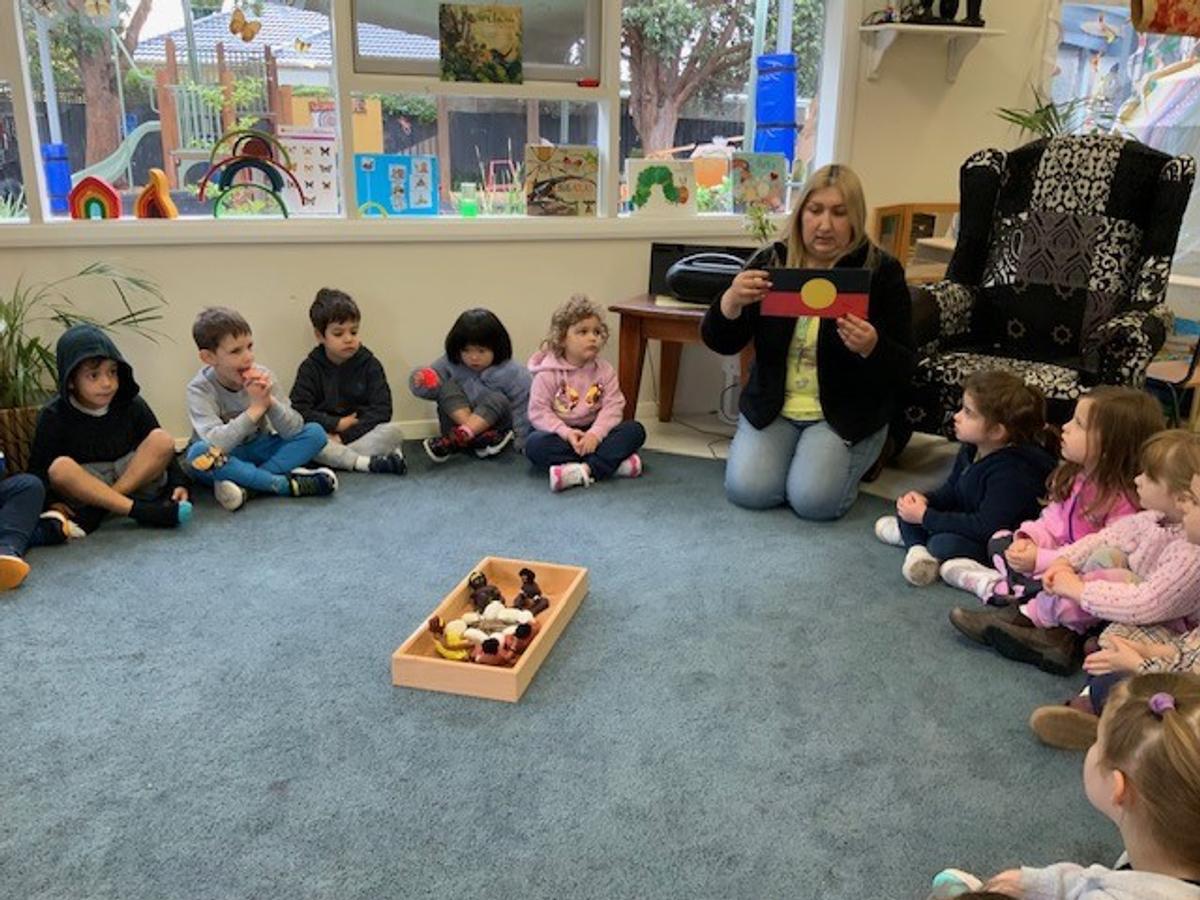Glen Education Brady Road

Cultural Responsiveness at Glen Brady Road Kindergarten
By Yan Li, Early Childhood Teacher
At Glen Brady Road Kindergarten, we value the incorporation of cultural responsiveness that yields positive impacts, influencing the development and wellbeing of children in early childhood education. When children see their cultures represented and valued in the learning environment, it cultivates a sense of belonging and contributes to the development of positive self-esteem.
Inclusive Curriculum and Intentional Teaching
Educators at Glen Brady Road Kindergarten have been creating an inclusive and enriching learning experience that integrates cultural diversity into the curriculum. This includes incorporating:
- Literature, images, and artifacts that reflect the varied cultures represented in the room
- Intentional teaching strategies that actively promote cultural inclusivity
- Themed weeks dedicated to exploring different cultures, allowing children to delve into diverse traditions, foods, and customs
Hands-on experiences such as arts and crafts inspired by various cultures, or cooking traditional dishes, engage children in a sensory exploration of diversity.
During Harmony Week in Term 1, we supported children’s understanding of multiculturalism through a range of cultural experiences, including:
- Songs and music
- Dance
- Cooking coconut roti
- Reading stories in different languages
Our government-funded Mandarin language program provides children with the opportunity to learn a different culture and language in an immersive environment. Celebrating cultural festivals further enriches learning, helping children to see the world through a broader lens.
Family and Community Engagement
We recognise the importance of families and communities in a child’s educational journey. Establishing a strong connection between home and kindergarten creates a collaborative environment where cultural responsiveness can thrive.
Families from diverse backgrounds are invited to share aspects of their cultures through:
- Displays of cultural items and artwork
- Classroom visits to talk about traditions or celebrations
In Term 2, we celebrated Reconciliation Week by inviting a child’s parent with an Aboriginal cultural background to share their culture with the children. We supported children in learning about shared histories and cultures through:
- Reading Aboriginal culture-related books
- Music and dance
- Cooking Aboriginal bush bread (damper)
A Collective Journey
The journey towards cultural responsiveness is an ongoing partnership involving educators, children, and communities. Cultural responsiveness supports inclusivity, respect, and identity—shaping the uniqueness of every child.




